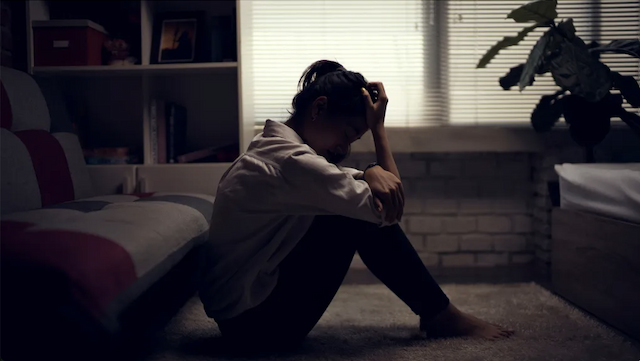
Significant Others: Living Selfless While Single
The key to reclaiming joy in this season is to stop measuring yourself by your place in the spotlight and start counting others as more significant than yourself.


The key to reclaiming joy in this season is to stop measuring yourself by your place in the spotlight and start counting others as more significant than yourself.

By Elizabeth Prata The discussion revolves around whether pets will be present in heaven, from a Christian perspective. Although humans uniquely reflect God’s image, there is speculation abou…

Suicide is a tough topic. Its complexity brings me to my knees as I, someone who has attempted several times to take my own life, want desperately to deliver the right message to you.

WASHINGTON – For co-directors John Schafer and Tom Bancroft, the journey to making Light of the World, a new 2D animated movie opening in theaters nationwide this weekend, is a lifelong ambition, one fueled by childhood desire and the calling to share the Gospel message with the world.Schafer began his...